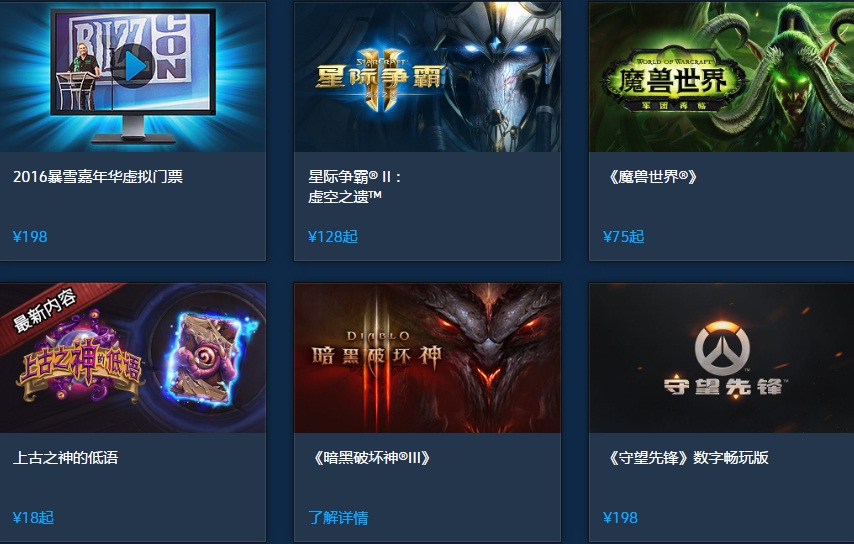When I first came to China, foreign video console games were banned–not that I had noticed given the number of stores selling them illegally by Nanluoguxiang and in tech areas, such as Zhongguancun. It was only when I inquired on the high cost of consoles and their games, especially when compared to PC games, that I was told they’re actually black market products. Good, I thought, now my husband has no reason to buy the latest Playstation.
While parents debate over screen time and the possible harmful effects of gaming, game developers are creating educational games that encourage social responsibility, environmental awareness, and social skills. And let’s not forget those fun games that teach kids to code–because, as we all know, programmers are the future doctors and lawyers in our society!
Researchers have been confusing all of us with their zigzagging, one minute opposing all gaming for its fictionalization and violence, and the next minute singing its praises. The most recent fact everyone seems to agree on is that video games are mostly harmless and can stimulate a child’s brain in a positive way. So there you go! Games are good for kids, hence why the console/game ban was lifted, and life is good, right?
Wrong. Online gaming, one of the largest growing industry in China, is also China’s new evil. The industry only grows because the number of players grow. Although there have been attempts to prevent minors from gaining access to online games, the numerous internet cafes all over the country allow anyone to play 24/7, or until they run out of money. Sometimes, teens don’t just run out of money, they run out of food, water, or even their lives.
Online gaming addiction has become such a big issue that suspicious boot camps have opened up shop, beating the addiction out of kids. Rehabilitation centers for misbehaving children are usually just kids who would rather play games than study, but are treated as if they’re headed to juvi. Recent headlines showcased an angry girl who, upon escaping from a four-month-long, hellish experience at such a boot camp, tortured and killed her mother in revenge.

This is not the first time China has attempted to control the gaming habits of its youth. In March 2011, China had released “The Parents’ Guardian Project for Minors Playing Online Games”, which gave parents the right to monitor their children’s gaming habits directly from the game operator’s website. Game operators were required to have a special login for parents, so that parents could firstly, see how much time their kids were spending online, and secondly, request restrictions on their child’s account or freeze/delete the account entirely. The project clearly wasn’t successful given that a new project has been proposed.
The new proposed project, aimed to instill a night-time curfew for gaming minors, was first implemented in South Korea. In that project, they prevented under 15 year olds from playing online games between midnight and 6am, slowing down their network speed considerably (we, behind the Great Wall, know what that’s like!). In China, Global Times reports that players who are below legal age would be prevented from gaming from midnight to 7am. The idea being that all players must register with an ID, but fake IDs are prevalent and authorities have not been vigilant about requiring all the country’s game operators to comply.
Or at least they haven’t in all the games that I have played in China…




